Overview:
- Structure and Content:
- The book is organized into a series of interlinked essays or chapters that recount Nabokov’s childhood, family life, and early adulthood, spanning from his birth in pre-revolutionary Russia to his émigré years in Western Europe. Each chapter focuses on a specific period or aspect of his life, with Nabokov’s characteristic attention to detail and narrative style.
- Themes:
- Memory and Time: The central theme of the memoir is the exploration of memory and the passage of time. Nabokov delves into how memories are shaped, revisited, and reinterpreted over the years, reflecting on the fluid and often subjective nature of personal history.
- Exile and Loss: As a Russian émigré, Nabokov grapples with the themes of exile and loss. His recollections are tinged with nostalgia for a lost world—the aristocratic Russia of his childhood, which was irrevocably altered by the Bolshevik Revolution.
- Art and Creativity: Throughout the memoir, Nabokov also reflects on the development of his artistic sensibilities. His early fascination with literature, butterflies, and the natural world foreshadows his later work as a novelist and lepidopterist.
- Style:
- Nabokov’s writing in “Speak, Memory” is characterized by its poetic and richly descriptive language. His use of intricate metaphors and vivid imagery creates a dreamlike quality, making his memories come alive on the page. The memoir is as much a work of literary art as it is an account of the author’s life.
- Notable Episodes:
- The book contains many memorable scenes, such as Nabokov’s detailed descriptions of his family’s estates, his passion for butterfly collecting, and his experiences at school and university. These episodes are not merely nostalgic recollections but are imbued with deeper reflections on the nature of identity, art, and existence.
- Revisiting the Past:
- The subtitle “An Autobiography Revisited” hints at Nabokov’s process of revising and reinterpreting his own life story. The memoir is not a straightforward chronological account but a carefully crafted narrative that reflects the complexity of remembering and writing about the past.
Conclusion:
“Speak, Memory: An Autobiography Revisited” is a profound and beautifully written exploration of memory, identity, and the passage of time. Through his exquisite prose and reflective insights, Vladimir Nabokov offers readers a glimpse into his personal history, while also creating a timeless work of literary art. This memoir is a must-read for those interested in autobiography, Russian literature, or the art of writing itself.

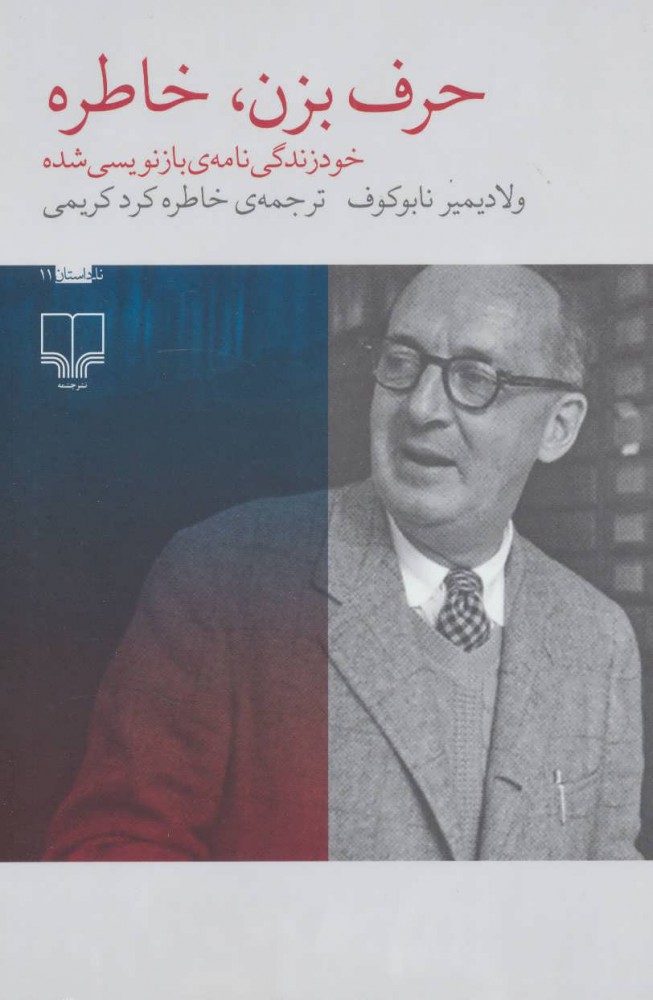
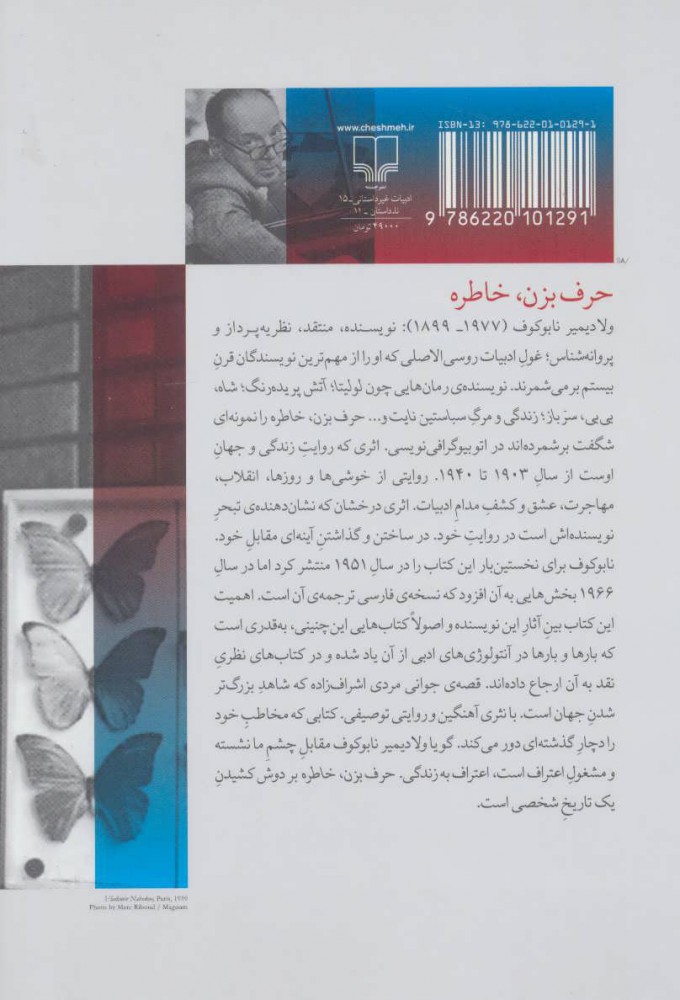
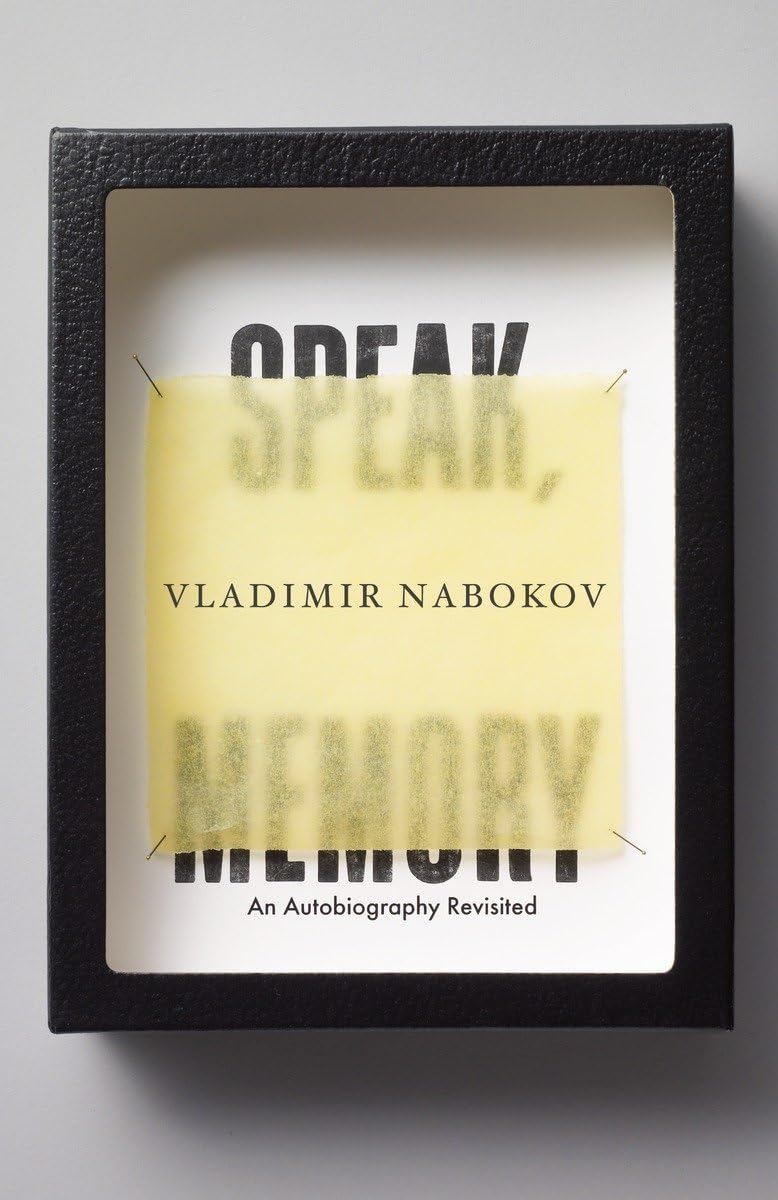
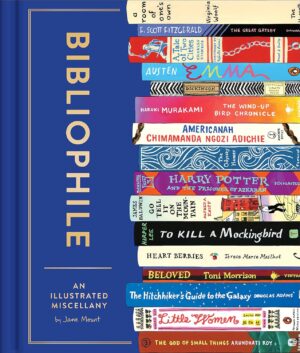


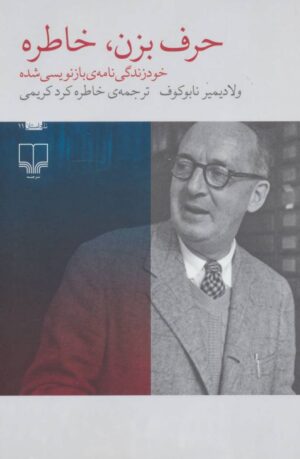
Reviews
There are no reviews yet.